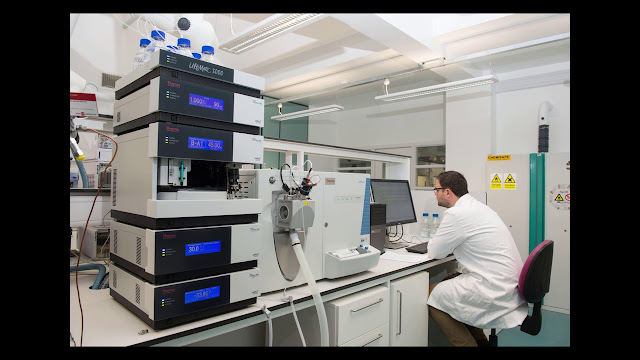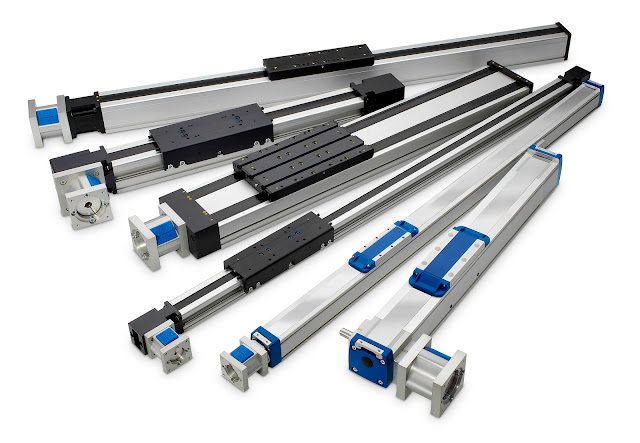Chromatography Instruments Are Used for Preparing Wide Range of Samples for Analysis Techniques
Chromatography is a type of laboratory technique used to identify and separate individual components from mixtures of substances. This is a common method of analysis for food, drug discovery, environmental monitoring, and forensics. This analytical technique is performed in laboratories that specialize in the study of chemicals and is used to identify new compounds or analyze differences between compounds. It can also be used for the identification of proteins and other biological molecules.
The most common types of chromatography include liquid chromatography, gas chromatography, and high performance liquid chromatography. Some other types of chromatography are gel permeation, ion exchange, and partition chromatography. There are many chromatography instrument companies that are in business to help researchers get the most out of their experiments. These companies produce the instruments that researchers need to run chromatography, as well as the software and other equipment needed to help them analyze data.
According to Coherent Market Insights the Chromatography Instruments Market Industry Insights, Trends, Outlook, and Opportunity Analysis, 2022-2028.
Chromatography instruments are used for a wide variety of applications in analytical, process and environmental chemistry. They are employed for a range of different sample preparation and analysis techniques, including reverse phase chromatography (RPC), normal phase chromatography (NPC) and ion chromatography (IC). A basic chromatographic system has a temperature controlled column, a detector, and an injection system. Many enhancements can be added to this basic system, depending on the needs of the application. Detectors are essential in all Chromatography Instruments techniques, and the choice of detector is dependent on the nature of the analyte and its relationship to the mobile phase. Various types of detectors can be used, including fluorescence, absorption spectroscopic and ionization spectroscopic. In HPLC, detectors are usually based on the absorption of a particular property of the analyte. The most useful detectors are those that are fluorescent, which are very sensitive to compounds that fluoresce, and those that can be derivatized after elution, so that the analyte peaks can be identified by the decrease in its fluorescence as it elutes.
Choosing the appropriate ion Chromatography Instruments depends on many factors, including the nature of the sample and its relationship to the mobile phase, and whether the analyte is soluble in a solvent or not. It is best to consult with a chromatographer to determine what type of ion chromatography is most suitable for the application at hand. Thermo Fisher Scientific Inc., declare the completion of acquisition of The Binding Site Group in January 2023. This acquisition will expand the specialty diagnostics portfolio of the company.




Comments
Post a Comment